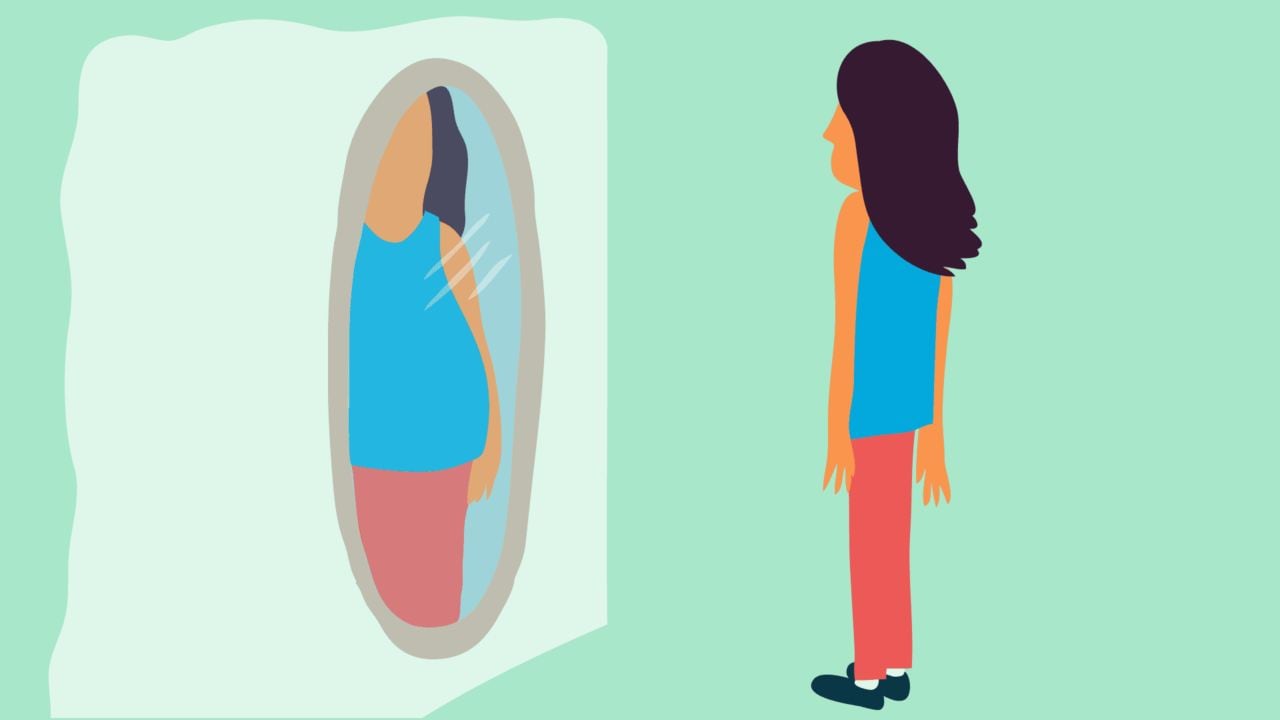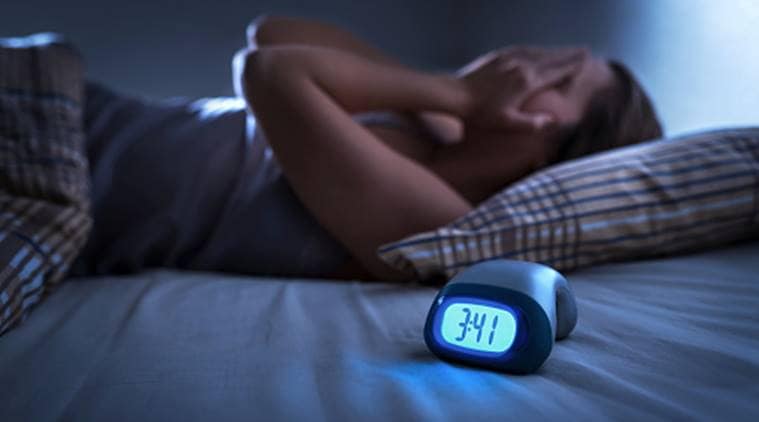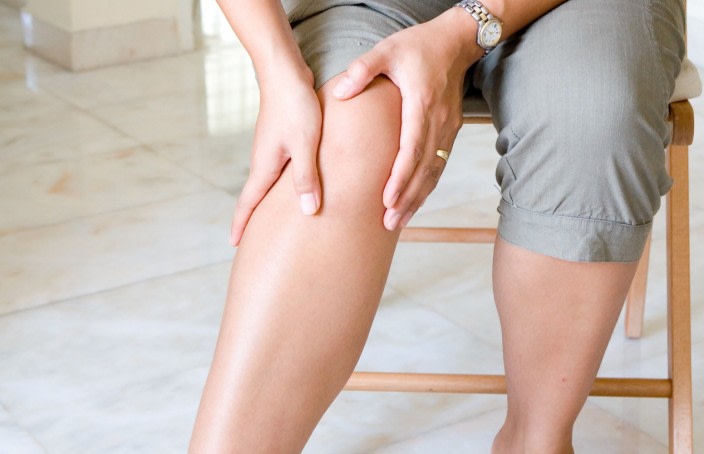
Mental Health has always been treated as one of the things to be talked about in whispers, people who are talking about mental health or its awareness appears to be a sense of gaucherie for many people, especially for the people belonging to the old age group.
There is this saying “Just because you don’t understand it doesn’t mean it isn’t so.” – Lemony Snicket, The Blank Book, and is very much true. Just because one doesn’t feel doesn’t mean the other person isn’t going through, it’s an everyday fight for the ones facing discomfort. People say certain terms while hearing someone talk about their mental discomfort, like ; it’s all in your head, don’t overthink, get over this. It’s easier said than done, the ones encountering these issues are aware how huge of a battle it is to fight with something going inside us.
While, Mental Health been looked upon as Stigma , there is so much that most of us aren’t aware of, the disorders, their cure, their adversity and duration.
We have curated a list of such psychological disorders and things associated with it.
1.Anxiety Disorders
While most of the time Anxiety is taken very lightly, it can get way much more serious than one can think. Feeling anxious for a while, for an ordeal situation, sweating, palpitation is all okay, but there is a thin line difference yet a major one, which we all should be aware of so as to help ourselves or the ones near us.

- Agoraphobia
This Phobia can be characterised by one’s fear of a wide range of public places. The ones going through this disorder often have a fear that they will get a panic attack and the escape to this would be extremely difficult. This fear also makes people avoid conditions which can trigger an anxiety attack, this really damages a person’s social skills to a certain level that they don’t feel like leaving their homes.
2.Eating Disorders
Eating disorder can be characterised by a person’s obsession with weight and undisciplined eating habits,bwhich has a negative impact on mental and physical health.
There are types of eating Disorders:-

Few among this are as follows;
- Anorexia Nervosa
In shorter words Anorexia Nervosa is nothing but consuming less food which leads to low body weight or weight loss. The ones experiencing this have a fear of gaining weight and a crooked view of their own appearance and behaviour.
- Bulimia Nervosa
Included binging on food and later on doing things to compensate for this intake. The ones experiencing Bulimia Nervosa take extreme actions like making themselves vomit forcefully, abuse of laxatives and diuretics and exercising excessively.
- Pica
Mostly children are seen going through this, this disorder involves an urge of eating substances other than food like soap, dirt, chalk stick etc.
3.Sleep Disorders
Includes difficulty in sleeping, no-patterned sleep which hinders the daytime functioning.

- Narcolepsy
The ones experiencing Narcolepsy go through uncontrollable need to sleep.
- Insomnia
Though many of us find it difficult to sleep, it turns out to be a disorder if there are other things associated apart from sleeping to feel fully rested like some impairment or visible distress.
- Hypersomnolence
It involves a person sleeping too much, apart from sleeping for an adequate period. People suffering from this might sleep at daytime even at workplace or school.
- Restless leg syndrome
Restless leg Syndrome as the name suggests involves an uncontrollable urge to move legs. The ones going through this experience and burning, crawling, tugging sensations in legs and this interferes with the sleep pattern once the person starts feeling this in excess.

4.Disruptive Disorders
These disorders are also called Impulse Control disorders, which includes the disability of a human to control their emotions and behaviour and hence harming oneself or others. This also includes actions which destroy others or their properties.
Few Disruptive Disorders are as follows;
- Kleptomania (The Stealing Disorder)
A person suffering from Kleptomania, can’t control the urge to steal. They will steal things that are of no use to them or have no monetary value. They feel increased tension before stealing things and satisfaction after stealing.

- Pyromania ( The Love for Fire)
The ones suffering from Pyromania are maniac after fires, for once in their life they have set fire intentionally. Though before setting fire they experience tension and splurge of emotions.

- Intermittent Explosive Disorder
This Disorder comprise of short anger outbursts and violence,the person going through this shows brief outbursts as a response to everyday annoyance.
5.Depressive disorders
As most of us are aware of the word Depression, there is more to this. Depression a collection of feelings like; sad, empty, lonely, loser etc.

- Disruptive mood dysregulation disorder:
This disorder is seen in children and the characteristics are extreme anger and irritability, and it effects the temperament of children.

- Major depressive disorder:
Loss of interest in activities and depressed mood are the characteristics of this disorder and it leads to diminished in how a person is able to function.
- Persistent depressive disorder (dysthymia):
This is a type of continues long term depression that is characterised by other symptoms of depression that are long lasting but less severe.

- Other or unspecified depressive disorder:
When an individual is facing depressive disorder but the symptoms does not meet the criteria for the diagnosis of any other disorder, then this diagnosis is used.
Written By – Rituja Roy
Edited By – Priyanka Sukhwani

💯
Very knowledgable and amazing article👏
🔥🔥
It’s goo to share such information people should know about these.. very informative
Good*